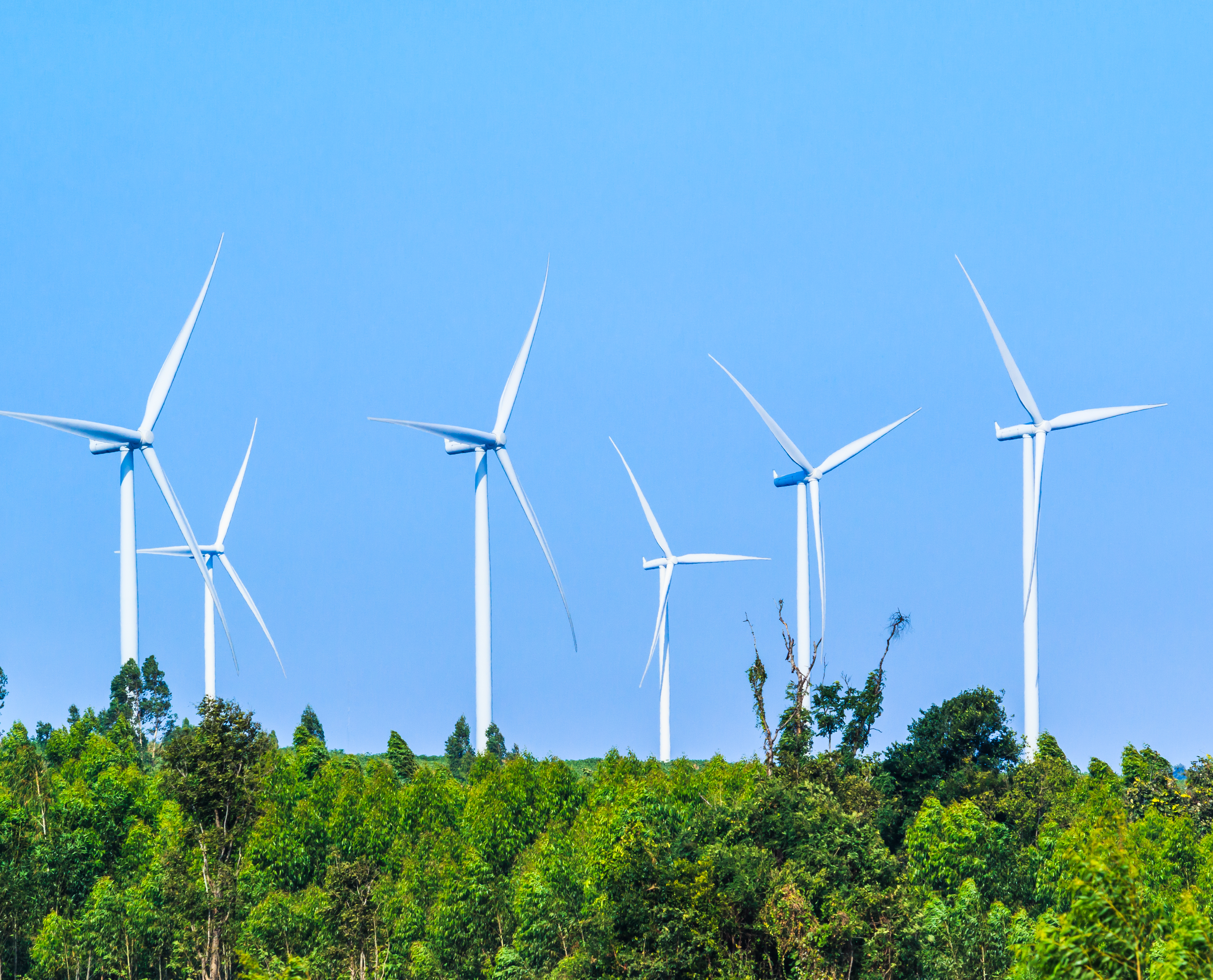The future of cap and trade in California faces uncertainty amidst an expected shortfall in auction income, the onset of a Trump presidency and a lawsuit that could dismantle the program all together.
Stake holders are not only anxiously awaiting a ruling from the 3rd District Court of Appeals in California Chamber of Commerce v. Air Resources Board - challenging the constitutionality of the forced purchase of emissions credits - they're also looking ahead to an inevitable show down at the state Supreme Court.

Arguing that ARB's collection of fees is a straight-up tax and therefore unconstitutional because it was not passed by the legislature, the Chamber is hopeful for a good outcome at the appeals court as jurists during deliberations asked tough questions of the board.
Even if the Chamber scores a victory at the 3rd District, what influence could the state's staunchest supporter of cap and trade play at the Supreme Court?
Gov. Jerry Brown, champion of environmental issues, has signaled multiple times that he aims to circle the wagons to protect the country’s first, and so far only, cap and trade program in the United States.
His two aces are a Supreme Court with three of his appointees, and a two-thirds Democratic majority in the Assembly, and one member away from securing a super majority in the Senate.
No matter the result at the appeals court— and judgment is expected very soon — further appeal to the Supreme Court is expected.
“It is hard to tell,” Jon Coupal, of the Howard Jarvis Taxpayers’ Association, told the Northern California Record. Coupal said he wonders whether, and how, the court will view the election of Trump, and their perception of the case as they watched California “lurch even farther leftward.”
“Hopefully they will apply the clear language of the law that this clearly is a tax,” Coupal, an opponent of cap and trade, said.
On the other hand, Rick Frank, director of the California Environmental Law and Policy Center at UC Davis School of Law, is not so sure the appeals court will rule in favor of the Chamber of Commerce, despite those tough questions that drilled into the state’s case that it is not a tax.
“You can read too much into those questions,” Frank told the Northern California Record. “I do not think it signals the court is necessarily going to rule against the state.”
The judges clearly “dug into the case,” Frank said, as they realized the major implications of its decision.
“This is the future of how California deals with climate change, and they revealed a sophisticated understanding of the issues,” Frank said.
Coupal, however, said he believes the issue could get even more complicated, and that there is a possibility the legislature could pass a carbon tax.
“If the court of appeals concludes it is a tax and not a fee, then the cap and trade program could, of course, collapse,” Coupal said. “And overlying that is just what happened at a national level with the election of Trump."
Coupal said that could mean that California may have to go it alone on climate change.
“Washington will not be there to assist California in its climate change policies," he said. "Come Jan. 20, Washington is not looking very favorable to California in a number of respects. It will be going alone in its climate change policies.”
Big losses for state Republicans in the general election leaves open the possibility that the legislature could introduce the carbon tax.
“That could render the lawsuit moot simply by signing off and saying it is a tax,” Coupal said. “That cuts the legs off the lawsuit, though the policy arguments remain.”
Frank said a carbon tax is “somewhat unlikely,” politically difficult and likely to be opposed by a substantial number of Democrats.
But, he added, “California will become the center of climate change defiance. Gov. Brown released a statement following the election where he clearly laid down a marker — he is not going to retreat. He is going to double down on tackling greenhouse gas emissions because he believes it to be the existential threat of our time.”
California will continue to work on cutting emissions in the face of “federal hostility or disinterest,” Frank said.
Frank said cap and trade is a key component of the state’s agenda to reduce greenhouse gases, and that there is a broad political consensus that California must continue in that direction. “It will continue to be a key part of the strategy,” he said.
There are other issues complicating the debate.
The state's cap-and-trade auction has raised more than $4 billion to date. But the last two auctions, in May and August, raised much less than expected.
This summer, the ARB published its plan for the future, one that would put California in full compliance with the Clean Power Plan. But that plan, already the subject of a lawsuit that claims the Environmental Protection Agency is acting outside the Clean Air Act, abd faces a deeply uncertain future with the Trump presidency and Republican-dominated Congress.
Further, the legislature declined in August to extend the cap and trade program beyond 2020. The ARB believes it has power to do so unilaterally.
